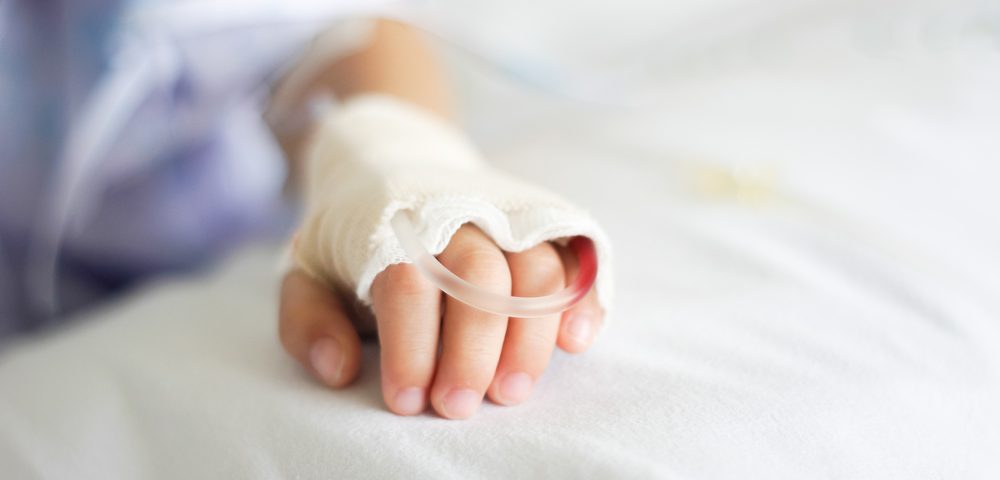Patients with HIV-associated lymphoma who receive autologous hematopoietic cell transplantation (AHCT) have similar survival rates and complication rates than non-HIV lymphoma patients, suggesting that AHCT should be added as standard of care for lymphoma patients with HIV.
The study, “Autologous hematopoietic cell transplantation for HIV-related lymphoma: results of the (BMT CTN) 0803/(AMC) 071 Trial,” was recently published in the journal Blood.
AHCT is a procedure in which the patient’s healthy cells are collected from their blood or bone marrow and stored to be injected later after high-dose chemotherapy. It has become the standard of care for patients with relapsed and treatment resistant Hodgkin and non-Hodgkin lymphoma, but because of concerns about excessive toxicities in patients with HIV, AHCT for HIV has been limited.
HIV patients are at high risk of developing cancer. For non-Hodgkin lymphoma in particular, HIV patients have 25 times a higher risk of developing the disease than others who are not infected with the virus.
In this study, City of Hope National Medical Center researchers reveal data from a Phase 2 trial showing that HIV infected patients were as likely to develop post-transplant complications as those without HIV infection.
“These findings are remarkably important for a group of patients who, up until now, have been inconsistently treated,” said lead author Dr. Joseph Alvarnas, associate clinical professor of hematology and director of value-based analytics at the City of Hope National Medical Center, in a press release. “Transplantation allows clinicians to treat the cancer most effectively by using more intense doses of chemotherapy than can typically be given, while avoiding fears of wiping out the bone marrow. Based on our data, autologous stem cell transplant should be considered the standard of care for patients with HIV-related lymphomas for the same indications and under the same circumstances that we would use it in patients without HIV infection.”
The trial enrolled 40 patients with treatable HIV infection with non-Hodgkin or Hodgkin lymphoma, who had relapsed on chemotherapy or were resistant to treatment. Patients’ stem cells were collected from the blood prior to receiving intensive BEAM chemotherapy (named for the initials of the drugs used in the treatment), after which patients underwent AHCT. Their results were then compared to those of 151 lymphoma patients who received the same treatments but did not have HIV.
Results showed similar overall survival in both groups (87.3% versus 87.7% survival at one year). Only 5.2% of HIV patients died during the first year as a consequence of recurrence or persistence of the lymphoma, cardiac arrest, or fungal infection, which was similar to non-HIV patients.
Additionally, after receiving the transplant, 82% of HIV patients had undetectable levels of the virus one year after AHCT.
“When you look at people’s recovery – recovery of their T-cells and CD4+ and suppression of viral load – we don’t see people losing control of HIV infection, nor do they have evidence of additional immunological deficits following transplant. I think that’s very reassuring,” said Dr. Alvarnas.
“This is an important study because we need to better understand the long-term effects of HIV infection to ensure that patients are equitably treated in a way that respects their medical regimens and the biology of their HIV infection,” Alvarnas added.


